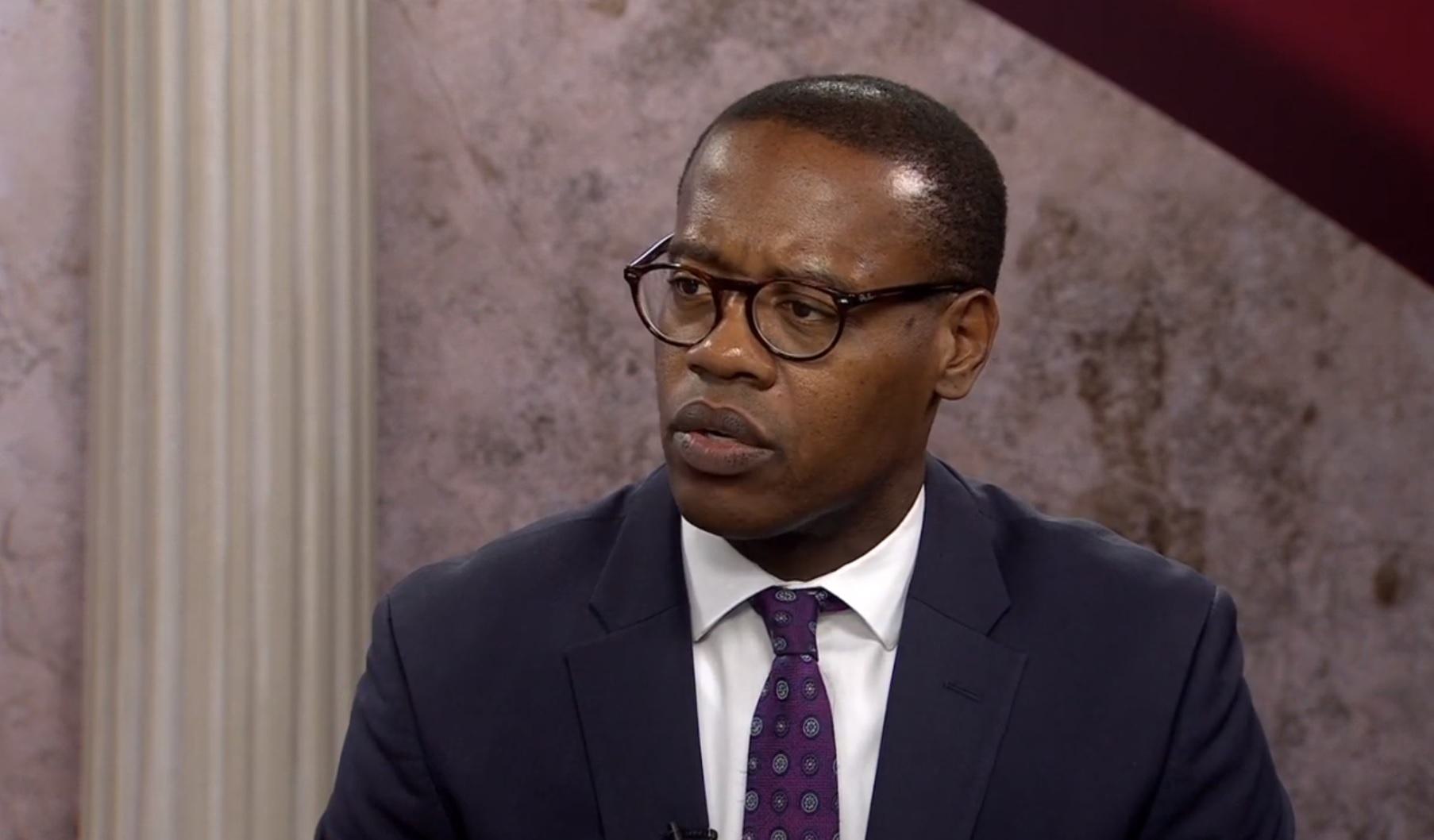Some of the significant tax-cut rhetoric one might expect from Republican policymakers is not coming from Republican legislators. Instead, it comes from a prominent Democrat lawmaker, House Minority Leader Anthony Daniels (D-Huntsville).
Last month, Daniels laid out his vision to eliminate state income taxes on overtime to encourage productivity and leave more money in taxpayers' pockets.
Daniels suggested a trial run on eliminating the grocery tax during an interview with Alabama Public Television's "Capitol Journal" that aired Friday.
Daniels acknowledged concerns that reducing or eliminating the state's portion of sales tax on groceries could impact revenues destined for the state Education Trust Fund (ETF) budget.
However, the Madison County lawmaker suggested that if the grocery tax were eliminated, there would be something of a supply-side phenomenon: additional consumer spending made possible by the grocery tax savings, meaning sales tax revenue from that spending would go to the ETF.
That, he said, could make up for those lost revenues from the elimination of the grocery tax.
To test the theory, Daniels proposed a month-long grocery tax holiday. After the holiday, he said a side-by-side comparison of the past year would offer the best test case for the impact on the ETF budget.
"Representative Penni McClammy, since she was elected in a special election, has been working extremely hard," Daniels said. "But prior to Representative McClammy, there were other individuals who introduced variations of the grocery tax repeal — Representative Moore and others. And so, I think we're finally to a point where we can start having some real conversations. Oftentimes, you hear from individuals who talk about the impact that is going to have on the Education Trust Fund budget. However, when we talk about the savings for families in Alabama and having the ability to spend more money, not necessarily just at the grocery store but also in other areas, we're going to recoup that tax revenue anyway. And so, I think there's a happy medium that we can reach because of that fear — like a grocery tax holiday for a month long."
"So then you can actually have a real assessment of the impact," he continued. "So if you take June, for example, 2023, and at the end of June — the full month of June, you do a grocery tax holiday for the entire month of June. And then, probably by August 1, you have a report done as all the receipts are received, and you look at June 2023, and then you look at June FY 2022. And then you at that point then say, 'OK, is there a significant difference in the revenue generated to the Education Trust Fund.' And I think when you see that, you'll see that people are spending that – they're using that additional money for spending in other areas that still benefit the Education Trust Fund."
"I think when we use those arguments, we're not necessarily really digging deep enough to understand that on the surface, that sounds good, but in reality, I don't think that is accurate," Daniels added, referring to grocery tax elimination detractors.
Jeff Poor is the executive editor of 1819 News and host of "The Jeff Poor Show," heard Monday-Friday, 9 a.m.-noon on Mobile's FM Talk 106.5. To connect or comment, email jeff.poor@1819News.com or follow him on Twitter @jeff_poor.
Don't miss out! Subscribe to our newsletter and get our top stories every weekday morning.










